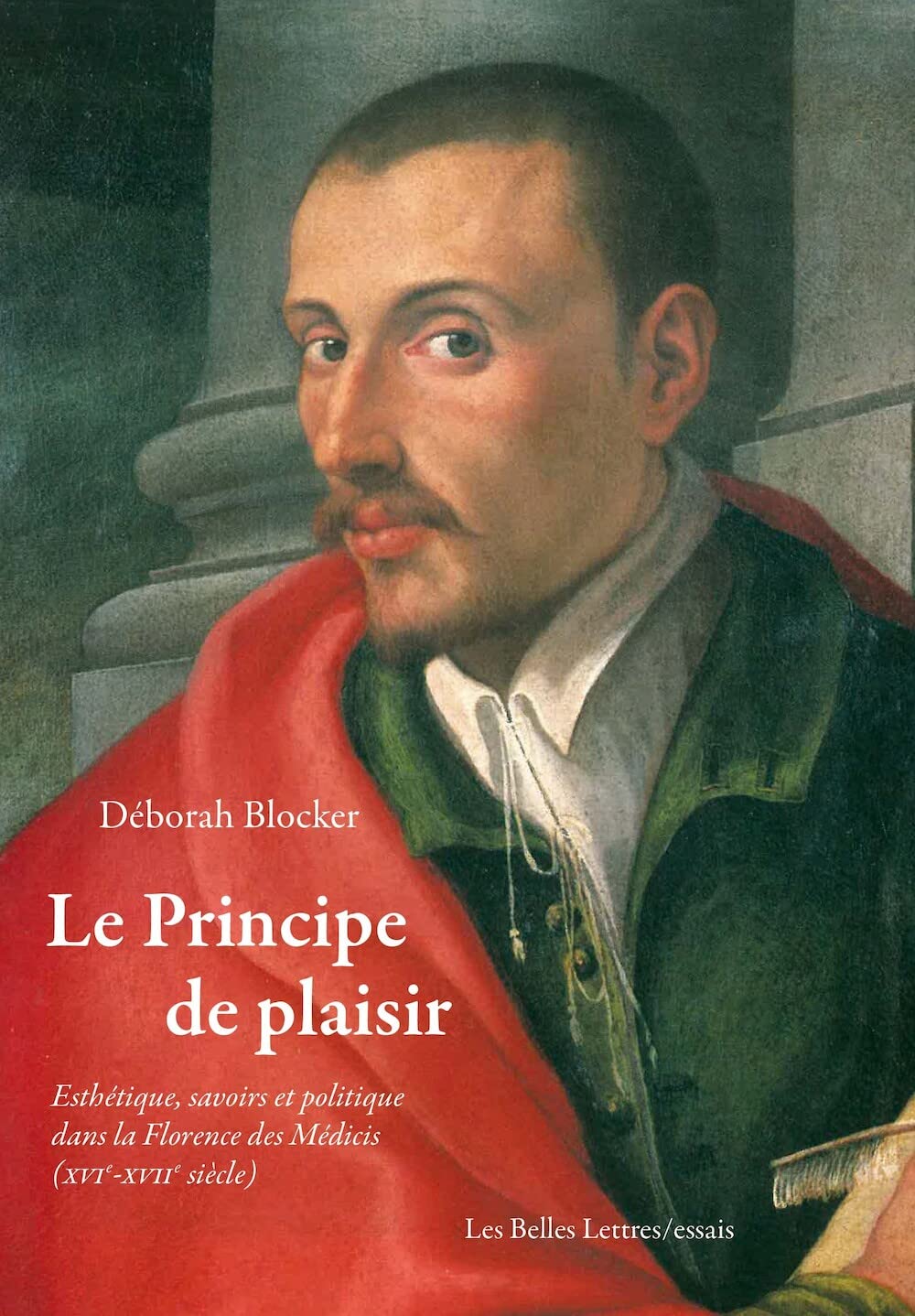Le Principe de plaisir

Le Principe de plaisir
Le Principe de plaisir: esthétique, savoirs et politique dans la Florence des Médicis (XVIe-XVIIe siècle) tells several stories in one. On the one hand, that of one of the most original and productive academies of the late Florentine Renaissance, the Accademia degli Alterati (1569 – ca. 1625). On the other, that of a restricted social group, made up of a few dozen young Florentine patricians whom the Medicis did not regard favorably because their ancestors had fought to maintain the oligarchic republic. These young nobles made their academy a place where they could spend their leisure time and share their pleasures — artistic and otherwise — but also a collective where they could work together on their integration into Medicean court society.
Moreover, this book tells the story of a body of documents, now dispersed, but which once formed the basis of all the activities of the “Altered.” These thousands of folios of documents, and very largely unexplored—contain academic speeches, letters, activity registers, dialogues, collectively corrected poems, etc. Their analysis makes it possible to follow the day-to-day activities of the Alterati for nearly six decades, and to examine, through the material form that their work took, how collective intellectual horizons emerged within them, over the course of their debates.
This book considers the actions, activities and discourses which, within the academy of the Alterati, participated in the constitution of the aesthetic in knowledge (and in know-how) of a new type. Through the case of the Alterati, this book thus raises the question of the formalization of the aesthetic knowledge and practices that are ours today — and that of the links between their emergence and the rise of modern political authoritarianism, within early modern European aristocracies.
— translated by Claude Potts